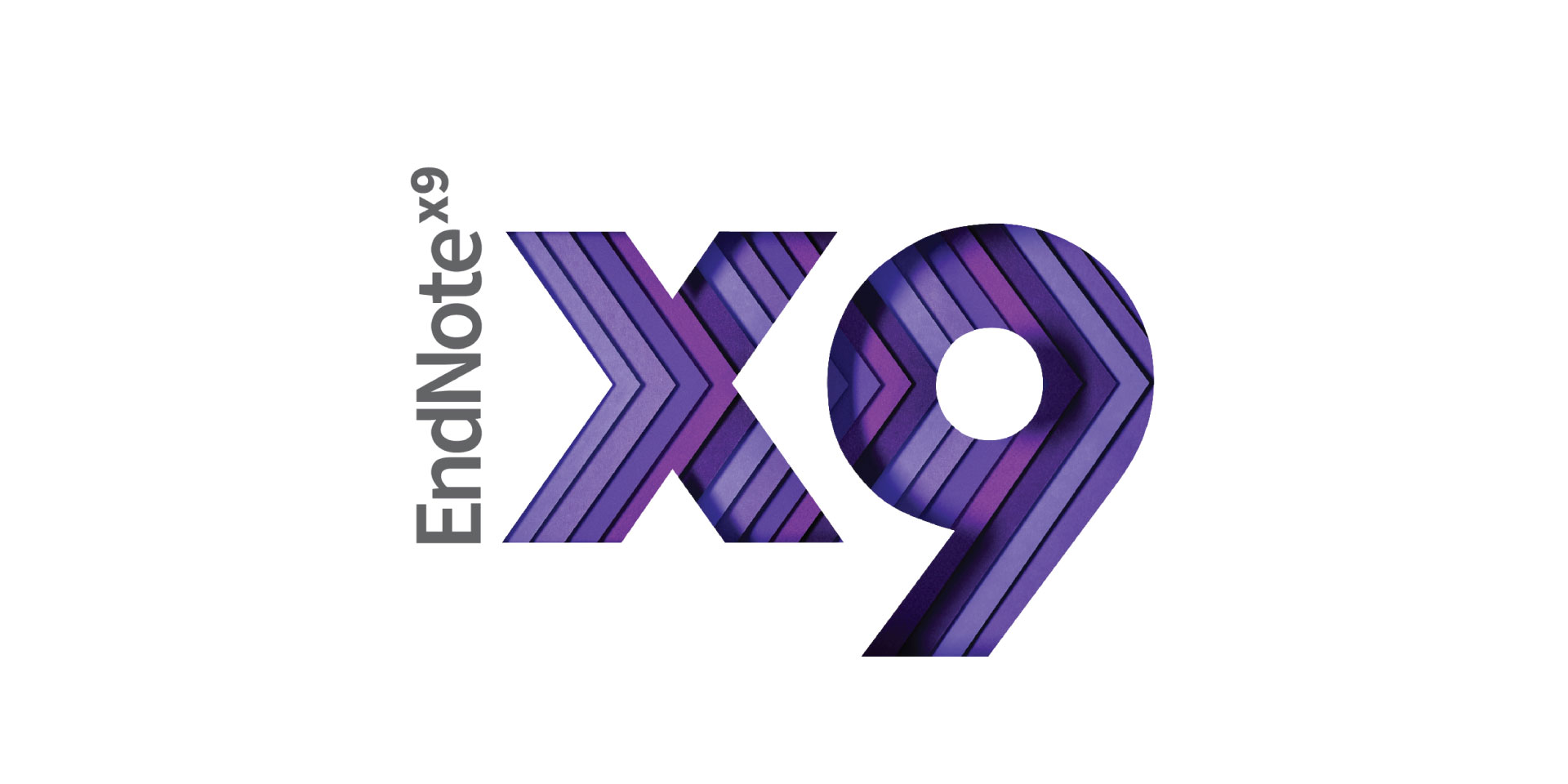Evaluating the Application of Using Korean Idols as Local Brand Ambassador Skincare Toward Consumer Satisfaction
DOI:
https://doi.org/10.35313/jmi.v3i2.69Keywords:
Brand Ambassador, Consumer Perception, Advertising, Consumer Satisfaction, Local SkincareAbstract
Local skincare still uses the perfect-looking skin of celebrities such as Korean idols as brand ambassadors to promote their products. There are differences between the skin problems of Indonesians and Korean idols, so it may not meet consumers' expectations of the product. This mismatch can build a negative brand image due to consumer dissatisfaction as they may feel the product does not effectively meet their skincare needs. This study aims to determine consumers' perceptions and satisfaction with local skincare products. Qualitative methods, such as in-depth interviews, were used to collect data from 20 participants who were local skincare users, some of whom were K-pop fans. This approach allowed the researchers to dig deeper into the attitudes, opinions, and experiences of these consumers. The results of this study show that the advertising concept that consumers expect to show progress in the use of the product. Instead of focusing on using Korean idols as local brand ambassadors, brands should use more natural models, which can bring inclusion and diversity.
References
Bogdan, & Taylor. (2010). Metodologi Penelitian Kualitatif. Remadja Karya.
Brawijaya, U. (n.d.). Konsumsi Produk Sustainable Beauty di Masa Pandemi: Menjaga Kesadaran Ekologis ataukah FOMO (Fear of Missing Out)? Genta Mahardhika Rozalinna Tenaga Pengajar Sosiologi FISIP (Vol. 1, Issue 2). https://doi.org/10.
Halder, D., Pradhan, D., & Roy Chaudhuri, H. (2021). Forty-five years of celebrity credibility and endorsement literature: Review and learnings. Journal of Business Research, 125, 397–415. https://doi.org/10.1016/j.jbusres.2020.12.031
Halim, T. M., & Kiatkawsin, K. (2021). Beauty and celebrity: Korean entertainment and its impacts on female Indonesian viewers’ consumption intentions. Sustainability (Switzerland), 13(3), 1–19. https://doi.org/10.3390/su13031405
Kadirov, D., Raju, C., Bardakc?, A., Madak, N., & Saud Khan, M. (2020). Does beauty have a price? The impact of a conceptualization of beauty on the price placebo effect in Turkey compared to New Zealand. Journal of Islamic Marketing, 12(7), 1260–1276. https://doi.org/10.1108/JIMA-06-2019-0121
Klaus-Peter Wiedmann, & Walter von Mettenheim. (n.d.). Attractiveness, trustworthiness and expertise – social influencers’ winning formula?
Kurniawan, B. W., & Saputra, B. M. (2022). Brand Ambassador Dan E-Word Of Mouth Pengaruhnya Terhadap Kepuasan Konsumen Melalui Keputusan Pembelian pada Marketplace Indonesia. Aksara: Jurnal Ilmu Pendidikan Nonformal, 8(3), 1967. https://doi.org/10.37905/aksara.8.3.1967-1976.2022
Lee, J. E., Goh, M. L., & Mohd Noor, M. N. Bin. (2019). Understanding purchase intention of university students towards skin care products. PSU Research Review, 3(3), 161–178. https://doi.org/10.1108/prr-11-2018-0031
McCutcheon, L. E., Lange, R., & Houran, J. (2002). Conceptualization and measurement of celebrity worship. British Journal of Psychology, 93(1), 67–87. https://doi.org/10.1348/000712602162454
MINAT KONSUMEN TERHADAP PERAWATAN KULIT WAJAH DENGAN METODE MIKRODERMABRASI DI VIOTA SKIN CARE KOTA MALANG Riska Andriana. (n.d.).
Penggunaan Brand Ambassador Song Joong Ki Dalam Brand Scarlett, E., Aristia Lengkong, M., Priyowidodo, G., Joanne Tjahyana Prodi Ilmu Komunikasi, Lady, & Kristen Petra Surabaya, U. (n.d.). JURNAL E-KOMUNIKASI PROGRAM STUDI ILMU KOMUNIKASI UNIVERSITAS KRISTEN PETRA, SURABAYA Whitening Dengan Model VisCAP.
Phillip Kotler, & Kevin Lane Keller. (2016). Marketing Management (12th ed., Vol. 1). PT Indeks.
Siskhawati, L., & Atman Maulana, H. (n.d.). THE INFLUENCE OF BRAND AMBASSADOR AND KOREAN WAVE ON PURCHASE DECISION FOR NEO COFFEE PRODUCTS. www.jurnal.unikal.ac.id/index.php/jebi
Solomon, M. R., Ashmore, R. D., & Longo, L. C. (1992). The beauty match-up hypothesis: Congruence between types of beauty and product images in advertising. Journal of Advertising, 21(4), 23–34. https://doi.org/10.1080/00913367.1992.10673383
Studi, P., Psikologi, S., Kedokteran, F., Putri, D., Dewi, K. S., Komang, D., & Indrawati, R. (2019). Gambaran celebrity worship pada penggemar K-Pop usia dewasa awal di Bali. In Jurnal Psikologi Udayana (Vol. 6, Issue 2).
Sugiyono. (2014). Metode Penelitian Kombinasi (Mixed Methods). CV Alfabeta.
Terapan, J., Keolahragaan, I., Kurniawan, R., Jajat, ?, & Sutisna, N. (2019). Physical Self-Concept dan Aktivitas Fisik Remaja SMA (Vol. 78). http://ejournal.upi.edu/index.php/JTIKOR/
Wang, F., & Hariandja, S. (n.d.). THE INFLUENCE OF BRAND AMBASSADOR ON BRAND IMAGE AND CONSUMER PURCHASING DECISION: A CASE OF TOUS LES JOURS IN INDONESIA. https://www.researchgate.net/publication/298787134
Yulia, E., & Estella, I. (2019). Pengaruh Celebrity Endorsement terhadap Sikap Pelanggan Akan Merek dan Intensi Pembelian Pada Suatu Produk Kosmetik Rintisan (Vol. 1, Issue 1).
Zuchri Abdussamad. (2021). Metode Penelitian Kualitatif. CV Syakir Media Press.
Downloads
Published
How to Cite
Issue
Section
License
Copyright (c) 2023 Raihandifa Sekar Aruni

This work is licensed under a Creative Commons Attribution-ShareAlike 4.0 International License.


















